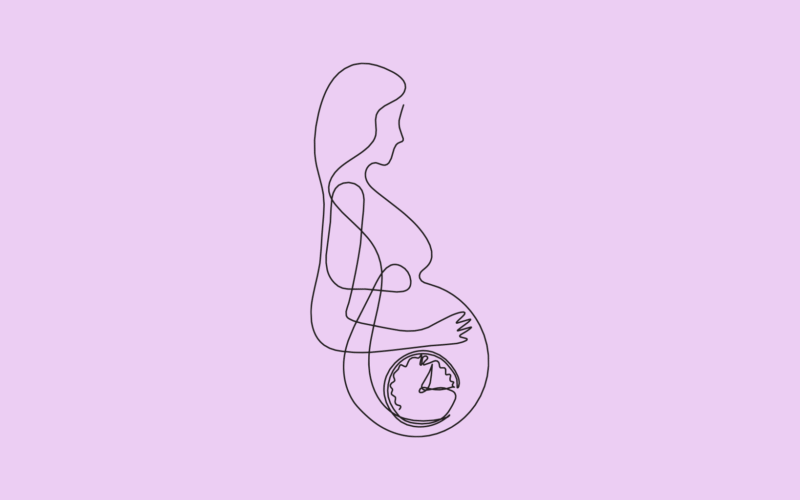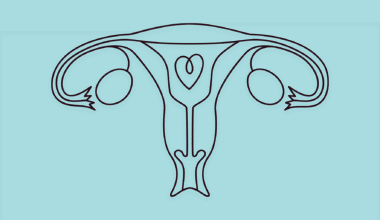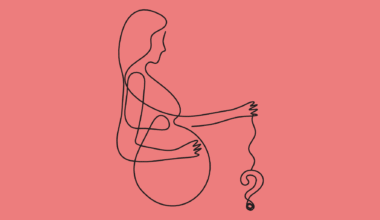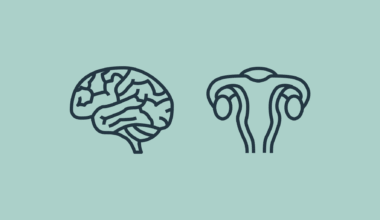Welcome to the reality of reproductive aging – where biology meets the calendar in an epic showdown that nobody really prepared you for! Time might be the great equalizer, but when it comes to fertility, it’s more like that friend who starts getting tired at 9 PM and suggests calling it a night while you’re still ready to party. Your reproductive system has its own timeline, and spoiler alert: it doesn’t always sync up with your life plans. But knowledge is power, so let’s dive into how aging affects your baby-making potential with some scientific facts and strategic humor to keep things real!
Advanced Maternal Age: How fertility changes for women over 35. The biological clock doesn’t just tick—it starts doing an impatient tap dance while checking its watch dramatically.
Advanced Paternal Age: Sperm quality, motility, and DNA integrity also decline with paternal age, though more gradually than female fertility changes. Men aren’t immune to their own biological clock—it just runs on a different, slower schedule, like that friend who’s always fashionably late but eventually shows up.
Egg Quality vs. Quantity: How both factors decline with age but at different rates. It’s not just about having fewer eggs in your basket—it’s that the remaining ones might not be quite farmer’s market quality anymore.
Time to Conception: How long it typically takes to conceive increases with age, even before considering quality and quantity factors. What used to be a quick grocery run turns into wandering the aisles with a shopping list, wondering why you can’t find anything in the right place.
Perimenopause Effects: The transitional period before menopause can affect fertility even when periods are still regular. It’s like your reproductive system starts quietly packing boxes while still pretending everything’s business as usual.
Pregnancy Complications: Increased risks of miscarriage, chromosomal abnormalities, gestational diabetes, and other complications that rise with maternal age. The fertility journey gets more bumpy roads and detour signs, requiring extra navigation skills.
Social/Lifestyle Factors: How career timing, relationship status, financial readiness, and other life circumstances intersect with biological fertility windows. Sometimes your life timeline and your ovaries are having completely different conversations about scheduling.
Understanding how aging affects fertility is just the beginning of your journey. Our complete guide goes beyond the basics to help you work WITH your biological timeline instead of against it—including how to optimize your fertility at any age, when timing becomes critical, and how to make informed decisions about treatments before time becomes a bigger factor. We share real stories from people who started their families at 25, 35, and 45, along with the honest truth about what worked, what didn’t, and what they wish they’d known sooner. Plus, we tackle the emotional rollercoaster that nobody prepares you for: dealing with societal pressure, managing partner expectations, and finding peace with your choices whether you’re starting early or racing against the clock. From understanding your personal fertility timeline to navigating the complex world of age-related treatment options, our TTC but make it CHILL eBook offers the practical wisdom, emotional support, and real-world guidance you need. Your reproductive journey deserves more than scary statistics and ticking clock anxiety—it deserves honest information and genuine community support that meets you exactly where you are!






